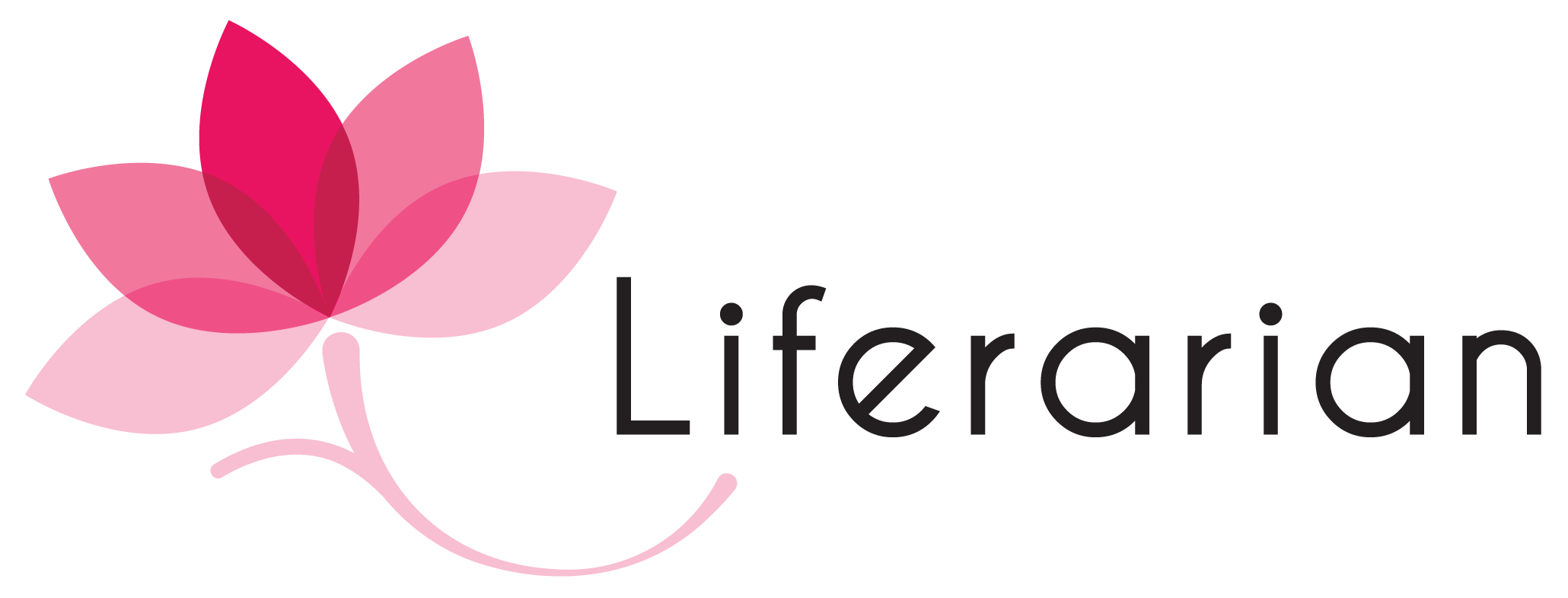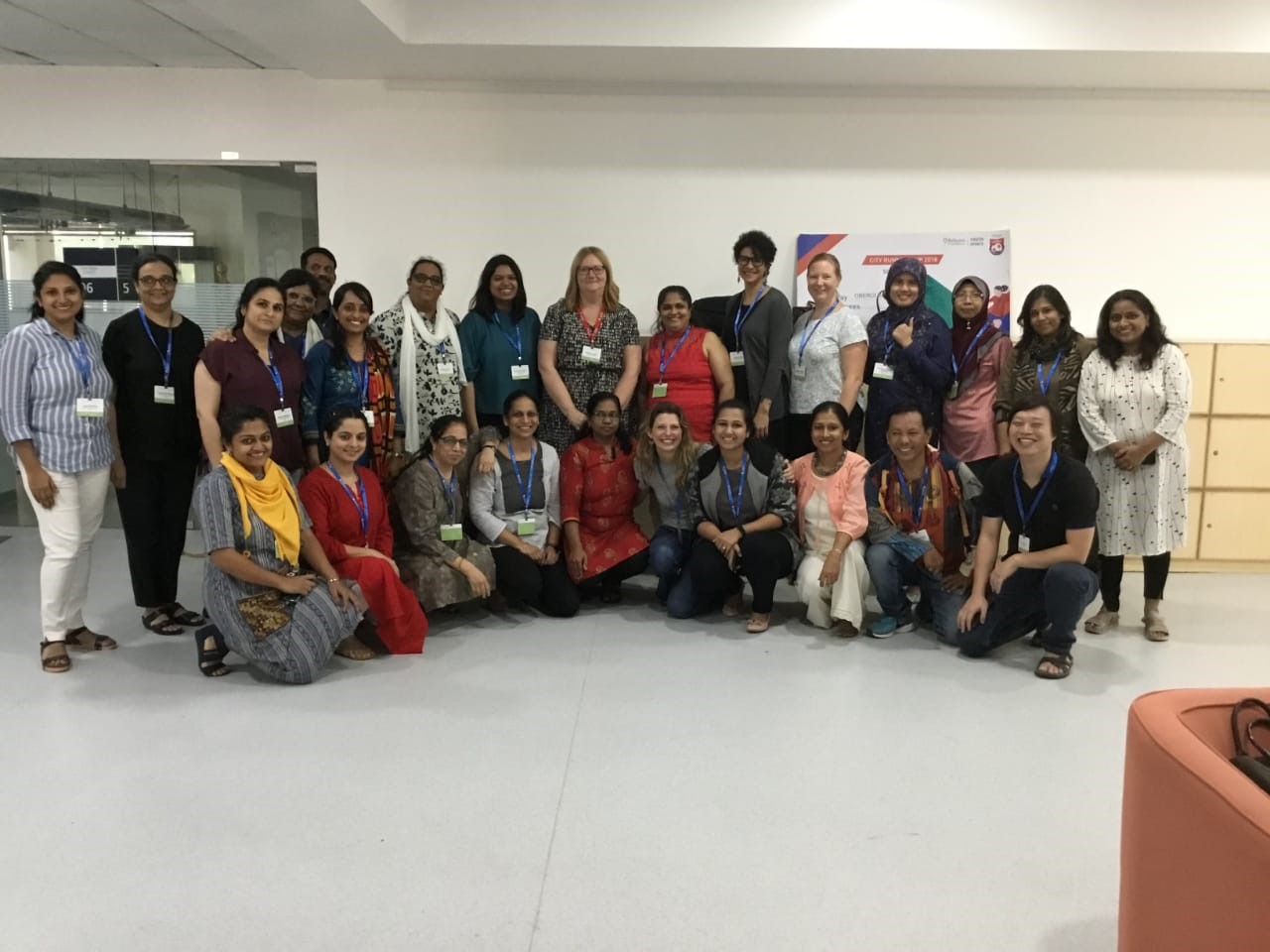IB Asia Pacific Workshop: The Role of the Librarian, November 22-24 2019
I got an opportunity to attend IB professional development workshop at Oberoi International School. There were 25 participants from different International Schools. Here are some takeaways from the workshop.
Librarian roles and responsibilities:
In groups, we shared our roles, job titles, educational, and professional qualifications. During this session we came across a few interesting facts;
In Malaysia, to become a teacher-librarian, one must have a degree in education.
Few people in the workshop were not from a library science background but still leading a library and very keen to learn more.
Job Titles
We were all library professionals, but our job titles were varied – an Information Architect, Resources Coordinator, Library Media Specialist, Information specialist, and Teacher Librarian.
My many hats – role audit: it was an individual task where we listed our current roles and then evaluated in a rubric with the given criteria
A – Suggested in IB documents
B – I already do this
C – I have the skills to do this
D – I would like to do this, need to learn more
E – I would do this, if only…
Authorization & Evaluation Visit
How your library should look like during the authorisation/evaluation visit:
PYP Library:
Make sure the library set up allows students and teachers to work individually and together in groups. Resources need to be catalogued and provide easy access to students. Flexible schedule for students to use the library during school time and beyond. Library environment reflects the philosophy of the PYP in displays, books, A.V.resources, physical layout etc.
MYP Library:
In addition to PYP, there should be adequate resources, subscriptions to support different perspectives, global issues, and so on.
DP Library:
Librarian is well-versed with DP curriculum to plan and support the DP. There are different language resources to cater to the needs of diploma students.
Academic Integrity and the Role of the Librarian:
In the upcoming IB documents, which will be published in Jan 2020, IB has reframed the Academic Honesty; it will be called Academic Integrity. It has five fundamentals :
1.Honesty
2.Trust
3.Fairness
4.Respect
5.Responsibility
Role of the librarian to support AI Policy is to teach ideal practices like ethical use of resources, how to cite, safe search and more.
Our spaces and places:
During this session, all the participants had presentations about their library spaces. It was nice to see how resources, displays are organised in other libraries. It was interesting to learn that one of the PYP libraries had a section of Art where they displayed articles which are part of teacher resources and teachers do borrow for the unit of inquiry.
Ideal library document:
We revisited the foundation of the library system. It is a combination of people places services. We brainstormed each component of the physical library model and shared with the other smaller groups.
ATL support:
In groups, we were assigned a skill to examine our programme guide. We discussed and shared practices that support ATL skills. During this session, we noticed that we we supporting all the ATLs, but it needs to be documented as evidence.
Multiliteracy:
As a group activity, we defined what multiliteracy is. Multiliteracy is a combination of multilingualism and multimodality. IB expects libraries should support multiple languages through multiple modes.
Action Plan:
It was a concluding session where we did the SWOT analysis and worked on an action plan individually.
It was a good experience where we liferarians got an opportunity to collaborate, communicate and share resources.
Sushma Sakpal
PYP Teacher Librarian
Oberoi International School – JVLR


